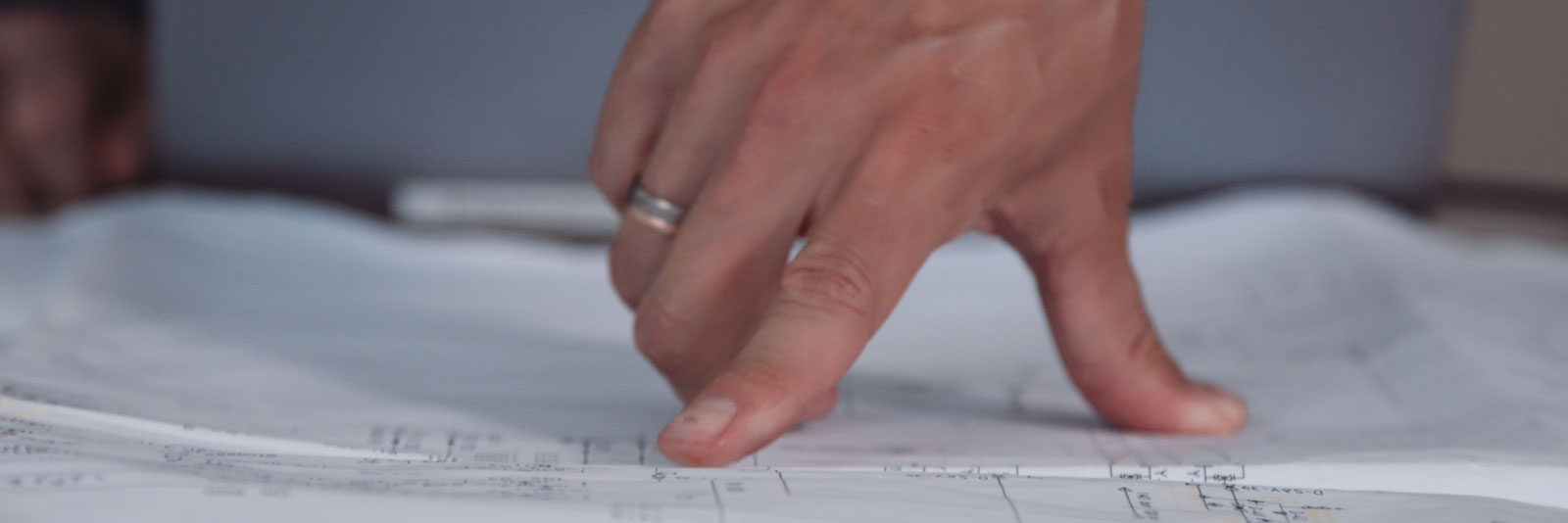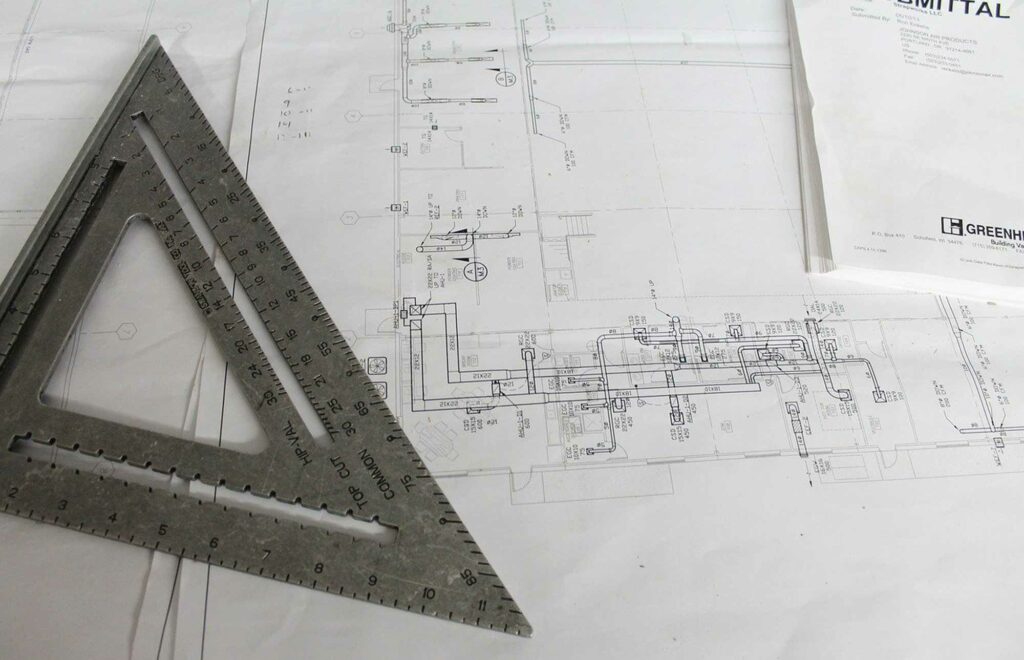Definition of technical documentation: What is it?
The term technical documentation is defined as structured information on the operation of a machine or technical system. You can find out more in our article.

Structured instructions for operation: Describe technical products & document processes
Technical documentation is used in companies to provide detailed information about a product and to instruct the user on how to use it correctly. These are designed for specific target groups and must meet certain clearly defined requirements. They are essential for a manufacturing company for several reasons, not least to protect it legally against claims for damages. A distinction is generally made between internal and external technical documentation, each of which contains certain types of documents. We would be happy to explain to you here exactly what the definition of “technical documentation” entails, where it is used and what criteria it must meet.

Definition: What is technical documentation?
According to the definition, technical documentation includes all information that is created by the manufacturer or distributor in parallel with the creation and product life cycle of a technical product. The definition of the term “technical product” covers a wide range. It ranges from a hand blender to a highly complex power plant.
Technical documentation thus includes all documents that are created during the product’s life – from development plans, protocols, instructions, user manuals to decommissioning or disposal. Technical documentation describes the product or plant in detail and provides instructions for maintenance, use or repair. They are aimed at specific target groups, protect the manufacturer under liability law and serve the legally required archiving of information content. According to VDI 4500, a distinction is made in technical documentation between internal and external technical documentation:
How is internal technical documentation defined?
According to the definition, internal technical documentation includes the internal archiving of product-relevant documents in order to prove that all legal obligations have been met. The focus here is on the entire product life cycle, which extends from product planning, through development, market launch and product monitoring. It only ends when the product is discontinued. This information usually remains in the company, i.e. with the manufacturer, who constantly updates it. Examples of internal technical documentation are calculation documents, specifications, technical drawings, production documents, test reports and evidence of quality assurance. The development and design department is usually responsible for internal documentation.
How is external technical documentation defined?
The external technical documentation is intended for the operator and user of machinery and equipment. It ensures that the product is commissioned, used, maintained and disposed of safely and in accordance with its intended use. As a rule, a technical editor is responsible for the external documentation. It is also translated into the language of the user. The most common forms of external technical documentation include installation and assembly instructions, instructions for use, user manuals, service instructions and tutorials.
What are the benefits and advantages of technical documentation?

Professional technical documentation serves to protect a company as far as possible against claims for damages. If a user is injured by a machine or system, the manufacturer can ideally refer to the technical documentation, which contains precise instructions on how to avoid accidents. Another advantage is the reduction of complaints and warranty claims. Professionally prepared technical documentation defines precise process steps for use and thus helps to avoid operating errors. Well-structured user manuals reduce support requests and also encourage the user to use the product with all its functions. For the manufacturer, well-founded, optimally informative technical documentation is also a supportive marketing tool, because it underlines the professionalism of the company and makes the customer perceive the brand more positively. In addition, information prepared in a target group-oriented manner is a useful support for training and sales. Technical documentation can be used again and again because its digital format means that it can be continuously adapted and brought up to date.
What criteria must technical documentation fulfil?
Technical documentation must meet various requirements. Laws and regulations provide manufacturers of technical products with certain guidelines, compliance with which is mandatory. Because if a case of damage occurs, faulty technical documentation always results in liability for the manufacturer according to the Product Liability Act and the German Civil Code (BGB). Norms and standards, such as DIN, ISO, VDE, VDI or CEN, are another important compliance criterion. For example, EN 82079 or VDI 4500 are available for the creation of technical documentation. The classification and labelling of documents for plants, equipment and systems is regulated by the EN 61355 standard. There are also clear specifications regarding the structure of technical documentation. Especially for user information, the requirements are very high. Information mapping and functional design are only two structuring methods here. Editorial systems support the creation, management and reuse. The use of certain colours emphasises commands and prohibitions. For example, the signal colour red is used to define a potential danger and thus to admonish caution.
In addition to the special structure, there are also clear requirements for the language in technical documentation: Comprehensibility, unambiguity, consistency and translatability. Special linguistic features are recorded in a terminology and an editorial guideline.
The Menger Group offers professional support in the creation of your technical documentation. Our services and software solutions are aimed at electronic asset documentation and document management. We would also be happy to make your company processes simpler and safer through technical documentation.
Menger Engineering GmbH Emilienstraße 11 P +49 (0) 341 393769 80 You are currently viewing a placeholder content from Vimeo. To access the actual content, click the button below. Please note that doing so will share data with third-party providers. You are currently viewing a placeholder content from YouTube. To access the actual content, click the button below. Please note that doing so will share data with third-party providers. You need to load content from reCAPTCHA to submit the form. Please note that doing so will share data with third-party providers.
04107 Leipzig
F +49 (0) 341 393769 99